Educators
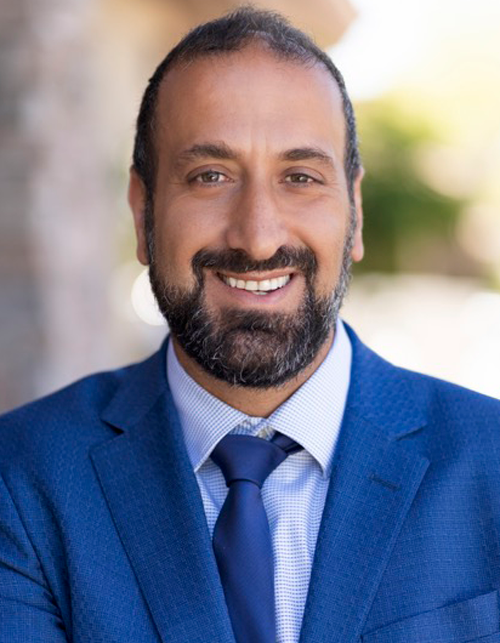
Naim Alkhouri, MD, FAASLD
Chief Medical Officer
Director, Steatotic Liver Program
Chief of Transplant Hepatology
Arizona Liver Health
Phoenix, AZ
Naim Alkhouri, MD, FAASLD, is the chief medical officer, chief of Transplant Hepatology, and director of the Steatotic Liver Program at Arizona Liver Health (ALH) in Phoenix, Arizona. Dr. Alkhouri is also the medical director of research at the Clinical Research Institute of Ohio and the director of the Steatotic Liver Program at Northshore Gastroenterology and Endoscopy in Westlake, Ohio.
Prior to joining ALH, Dr. Alkhouri served as the director of the Metabolic Health Center at the Texas Liver Institute and as associate professor of medicine and pediatrics at the University of Texas Health Science Center at San Antonio, Texas.
Dr. Alkhouri completed his gastroenterology and transplant hepatology training at the Cleveland Clinic in Cleveland, Ohio, where he also was appointed assistant professor of medicine and director of the Metabolic Liver Disease Clinic at the Cleveland Clinic Digestive Disease and Surgery Institute.
Dr. Alkhouri is a key opinion leader in the field of MASH therapeutics and an advisor/consultant to many pharmaceutical and biomarker development companies. He is principal investigator on several multicenter global MASH trials and a member of the AASLD MASLD Special Interest Group.
Dr. Alkhouri has been published in over 250 publications, including the New England Journal of Medicine, The Lancet, JAMA, Nature Medicine, Gastroenterology, Hepatology, and the Journal of Hepatology. He presents his work at both national and international medical conferences.
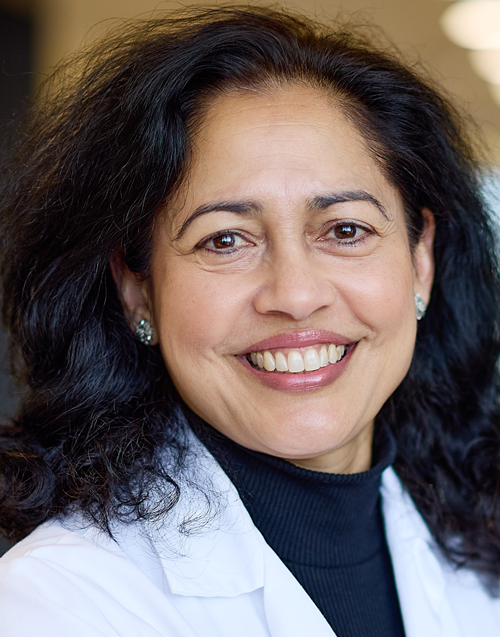
Meena B. Bansal, MD, FAASLD
Professor of Medicine
System Chief, Division of Liver Diseases
Director, MASLD/MASH Center of Excellence
Icahn School of Medicine at Mount Sinai
New York, NY
Course Director
Meena B. Bansal, MD, FAASLD, joined the faculty at Mount Sinai in 2001 after completing her gastroenterology fellowship at the University of Pennsylvania. In 2002, she became director of the Transplant Hepatology Fellowship, overseeing one of the largest transplant fellowship programs of its kind in the United States. Both clinically and scientifically, she has mentored well over 80 trainees, shaping the careers of the next generation of academic hepatologists.
From 2013 to 2021, in addition to maintaining a National Institutes of Health-funded research program focused on the molecular mechanism of liver fibrosis with seminal contributions to our understanding of liver fibrosis in people living with HIV, Dr. Bansal held many different leadership roles at Mount Sinai, including director of Translational Research, medical director of Hospital-Based Clinics, chief medical officer of Mount Sinai Care, LLC, deputy chief medical officer for Mount Sinai Health Partners, and vice president of Population Health for Quality and Efficiency. In these roles, she helped generate increased quality dollars in value-based contracts, created Mount Sinai’s first ambulatory pharmacy program, addressed broad population health needs, and gained knowledge about payer relations in an ever-changing healthcare landscape. She has also served as the principal investigator for numerous clinical trials for MASH/nonalcoholic steatohepatitis (NASH).
At the international/national levels, she has chaired numerous committees and held the position of secretary for the American Association for the Study of Liver and currently serves as the director of the newly formed MASLD/MASH (Nonalcoholic Fatty Liver Disease/NASH) Center of Excellence at Mount Sinai.
Most recently, in January 2024, Dr. Bansal was named System Chief, Division of Liver Diseases for the Mount Sinai Health System.

Professor Quentin M. Anstee, BSc(Hons), MB BS, PhD, MRCP(UK), FRCP
Chair of Experimental Hepatology and
the Dean of Research & Innovation in
the Faculty of Medical Sciences,
Newcastle University, UK
Prof Anstee’s translational research has made major contributions across the pathophysiology, natural history, diagnosis and treatment of NAFLD. His work has provided key insights into temporal changes in steatohepatitis during disease evolution, identified genetic and epigenetic modifiers of liver disease progression and hepatocellular carcinoma risk, and has substantially advanced the field of biomarker development in liver disease. He coordinates two major international research consortia that are studying NAFLD pathogenesis and developing/validating accurate biomarkers to assist the diagnosis, risk-stratification and monitoring of patients with NAFLD: ‘EPoS’ Elucidating Pathways of Steatohepatitis (EU H2020 funded €6 million, 2015-2019) and ‘LITMUS’ Liver Investigation: Testing Marker Utility in Steatohepatitis (EU IMI2 funded €47.3 million, 2017-2024). He leads the European NAFLD Registry and is the chief investigator of multiple ongoing clinical trials assessing new medical therapies for NAFLD. He is an Associate Editor of the Journal of Hepatology.

Prof. Elisabetta Bugianesi, MD PhD
Department of Medical Sciences
University of Torino, Italy
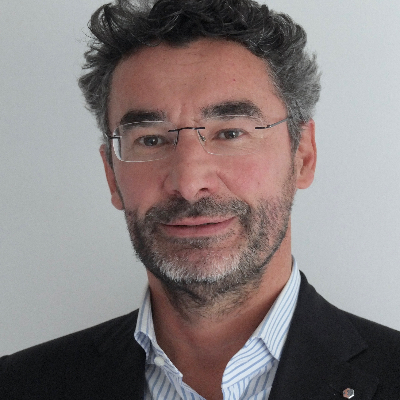
Professor Laurent Castera, MD, PhD
Université Paris-Cité
Department of Hepatology
Hôpital Beaujon, Assistance Publique-Hôpitaux de Paris
INSERM UMR 1149, Centre de Recherche sur l’Inflammation Paris Montmartre
Clichy, France
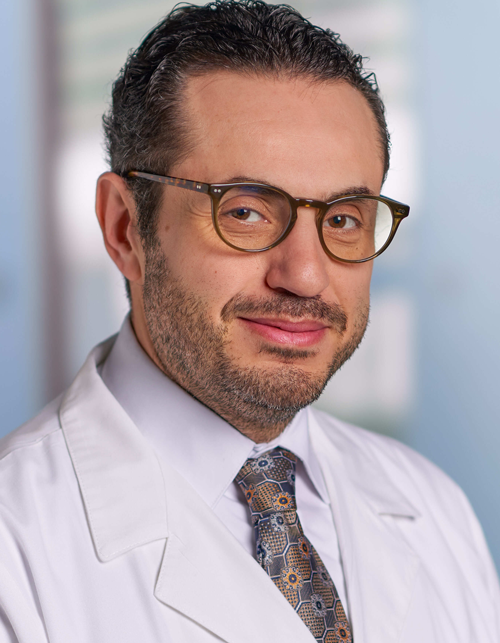
Mazen Noureddin, MD, MHSc
Professor of Medicine
Lynda K. and David M. Underwood Center for Digestive Disorders
Department of Medicine
Sherrie and Alan Conover Center for Liver Disease and Transplantation
Houston Methodist Research Institute
Houston Methodist Hospital
Director Houston Research Institute
Houston, TX
Dr. Noureddin is internationally known for his research in the area of NAFLD/NASH and NASH-related cirrhosis. He conducted more than 50 investigational clinical studies of novel treatments for NASH. He is an expert in noninvasive testing and biomarkers of NASH and cirrhosis. He has published in all these areas and has been invited to consensus panels on these topics by multiple international societies, including the American Association for the Study of Liver Diseases (AASLD), the European Association for the Study of Liver Diseases, the Asian Pacific Association for the Study of the Liver, and the Latin American Association for the Study of the Liver. He has given invited lectures on NAFLD/NASH at national and international society meetings and serves on several steering committees/advisory boards for industry. He is the vice chair of the AASLD NASH special interest group and has served on the editorial board for major gastrointestinal (GI) journals, including Gastroenterology, Hepatology, and Clinical Gastroenterology and Hepatology. He is an associate editor for Clinical Gastroenterology and Hepatology. Dr. Noureddin has been funded by the National Cancer Institute and has served as a reviewer on NIH study sections. He has published over 230 papers in many journals including The Lancet, Nature Medicine, Lancet Gastroenterology and Hepatology, Science Translational Medicine, the Journal of Hepatology, the Journal of Clinical Investigation, Gastroenterology, Hepatology, and Clinical Gastroenterology and Hepatology.
In May 2022, Dr. Noureddin moved to Houston. He is currently a professor of medicine at the Lynda K. and David M. Underwood Center for Digestive Disorders at the J.C. Walter Jr. Transplant Center, Sherrie and Alan Conover Center for Liver Disease and Transplantation at Houston Methodist Hospital (currently ranked #5 in GI and GI surgery by US News). He also has established the Houston Research Institute, which is a state-of-the-art facility that offers patients with liver disease access to new innovative noninvasive diagnostic testing and breakthrough therapies.

Juan M. Pericàs, MD, MPH, PhD
Staff, Liver Unit
Leader of the Liver, Metabolism and Infection (LivMI) Team
Vall d’Hebron University Hospital-VHIR
Universitat Autònoma de Barcelona
CIBEREHD
Barcelona, Spain
He is member of the Clinical Trial Working Group of the European University Hospital Alliance and sits on the steering committee of the Spanish Network of Biomedical Research Centers in Liver and Digestive Diseases (CIBEREHD), as well as in the scientific committees of the Spanish Association for the Study of the Liver (AEEH) and the Multicenter Prospective Cohorts of MASLD at the Spanish level (HEPAmet) and MASLD cirrhosis in Catalonia.
Dr. Pericàs has authored over 240 scientific articles and 20 book chapters, led more than 20 research projects at the national and international levels, and participated in over 25 clinical trials. His main interests include the natural history of the advanced liver disease in MASLD, the overlapping impacts of alcohol and infections over the pathophysiology of steatotic liver disease, and the role of social determinants of health on the distribution and outcomes of liver diseases.

Mary E. Rinella, MD
Professor of Medicine
Professor of Medicine in the Gastroenterology, Hepatology and Nutrition section
Director, Metabolic and Fatty Liver Program
Chicago, IL, USA
Dr. Rinella is currently Professor of Medicine in the Gastroenterology, Hepatology and Nutrition section at the University of Chicago since January 2021. She is the director of the Metabolic and Fatty Liver Program as well as Director of Clinical trials for the section.
She has held several leadership roles, including on the Governing Board of the American Association for the Study of Liver Disease (AASLD) and chaired numerous upper level national committees. She was the chair of the 2023 AASLD Clinical Practice Guidance on the diagnosis and management of NAFLD, now MASLD. She recently led a multi-society global effort to revise the nomenclature of NAFLD and serves as a Chair of the AASLD Steatotic Liver Disease (SLD) task force, charged with increasing disease awareness, disseminating best practice, developing a national strategy and fortifying global collaborations to improve care and outcomes of patients with SLD.
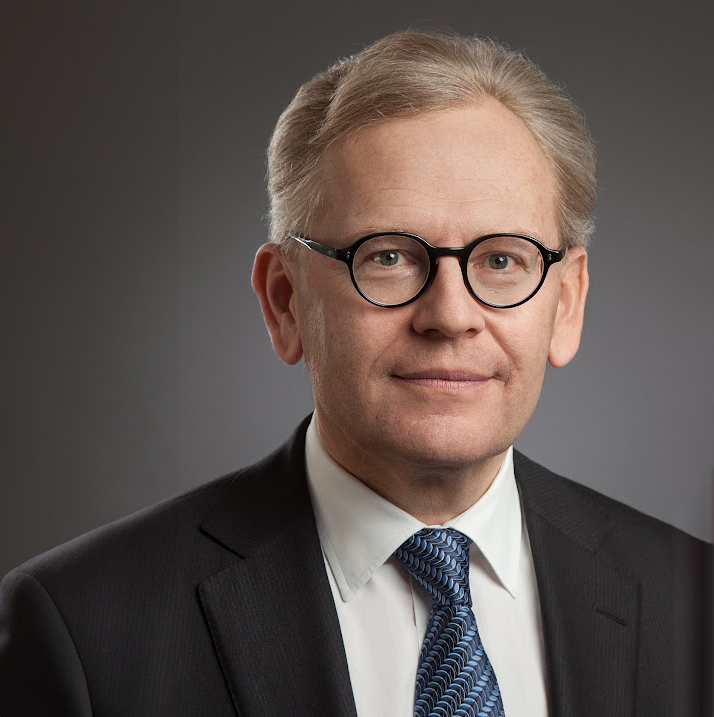
Michael Roden, MD
Scientific Executive Officer
German Diabetes Center (DDZ)
Leibniz Center for Diabetes Research
Heinrich Heine University Düsseldorf
Chair/Professor, Endocrinology and Metabolic Diseases
Medical Faculty, Heinrich Heine University Düsseldorf
Director, Department of Endocrinology and Diabetology
University Hospital Düsseldorf
Düsseldorf, Germany
Dr. Roden’s research focuses on energy metabolism in humans under physiological conditions and with metabolic disorders such as metabolic syndrome, diabetes mellitus, and nonalcoholic fatty liver disease. He has made major contributions to our understanding of the cellular mechanisms of fatty acid– and amino acid–induced insulin resistance in humans. Additionally, he examined the function of mitochondria in muscle and liver tissue. With his research group, Dr. Roden is contributing to the development of novel noninvasive methods for real-time analysis of tissue-specific metabolism. His studies demonstrated that alterations of mitochondrial function can decisively influence the development and progression of diabetes and nonalcoholic fatty liver disease. His recent research contributes to a novel differentiation of diabetes subtypes with various risks for their sequelae and promotes the way to precision medicine for people with diabetes.
Dr. Roden is the author of more than 700 peer-reviewed publications.
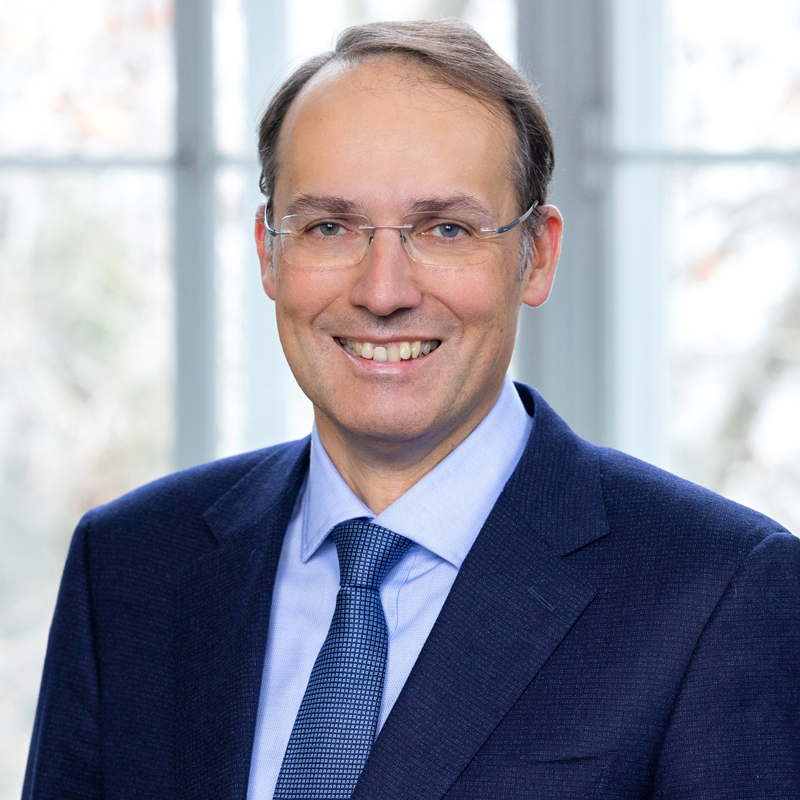
Michael Trauner, MD
Department of Internal Medicine III
Medical University of Vienna
Vienna, Austria
Dr. Trauner’s main research interests are the molecular mechanisms of bile acid transport and signaling in cholestatic and steatotic liver diseases, the mechanisms of cell injury in cholestatic and steatotic liver disease, and the development of novel pharmacologic treatments for cholestatic and steatotic liver diseases. He has published more than 770 peer-reviewed scientific papers listed in Pubmed (H-index 104), 45 book chapters and has edited 3 books. He has delivered more than 250 invited lectures at international scientific meetings, mainly on molecular and clinical aspects of cholestatic and metabolic liver diseases, and holds three patents on the treatment of cholestatic and metabolic liver diseases.